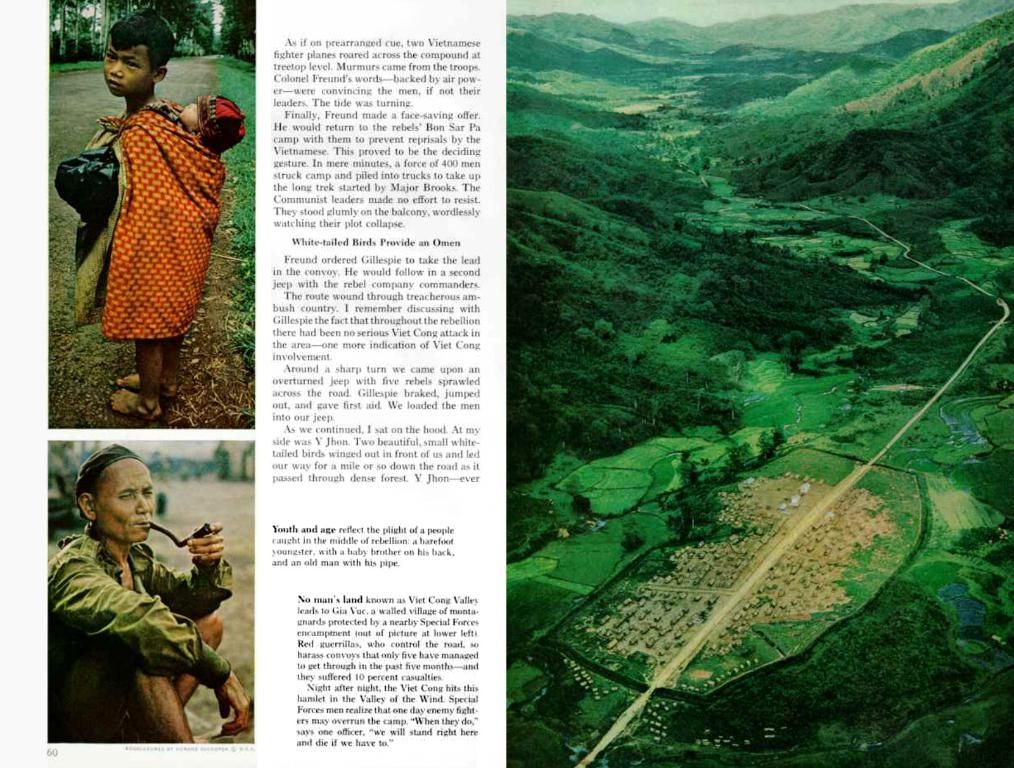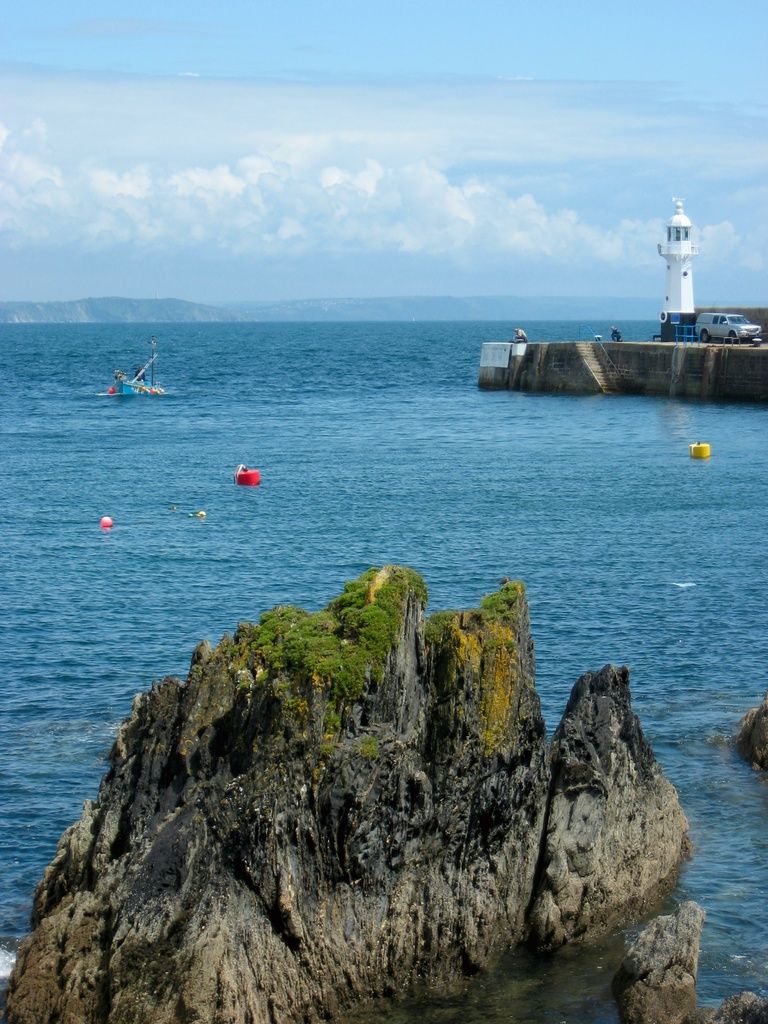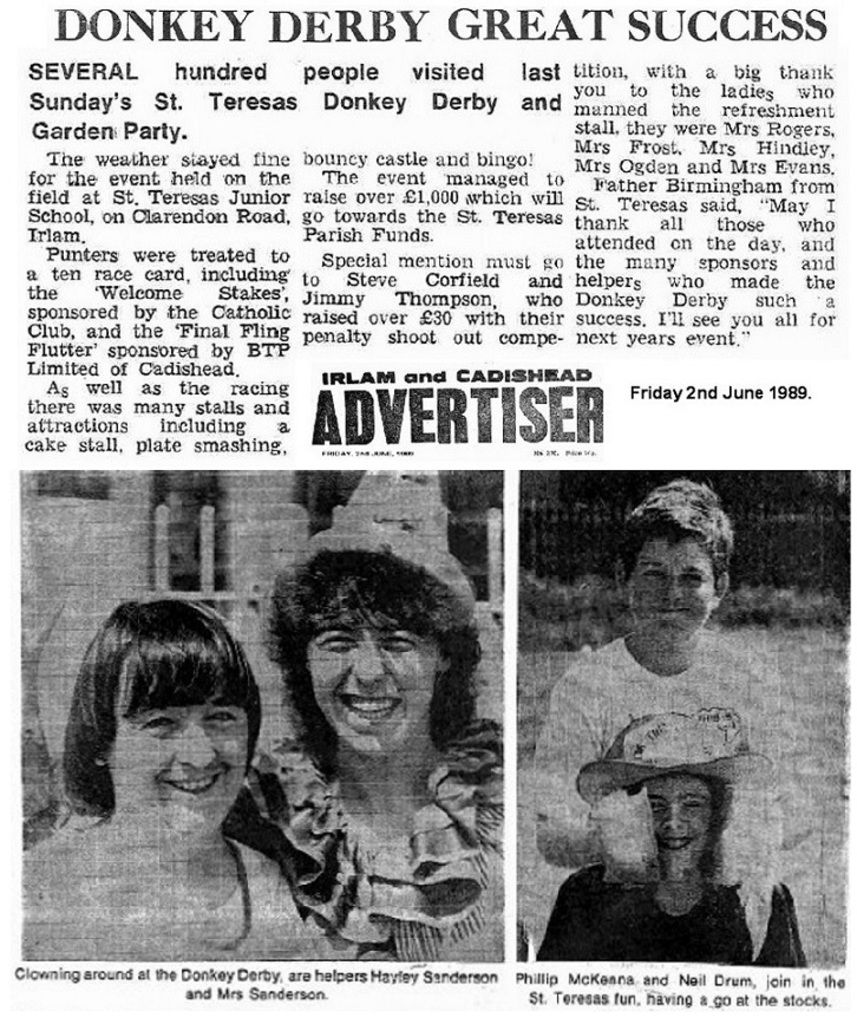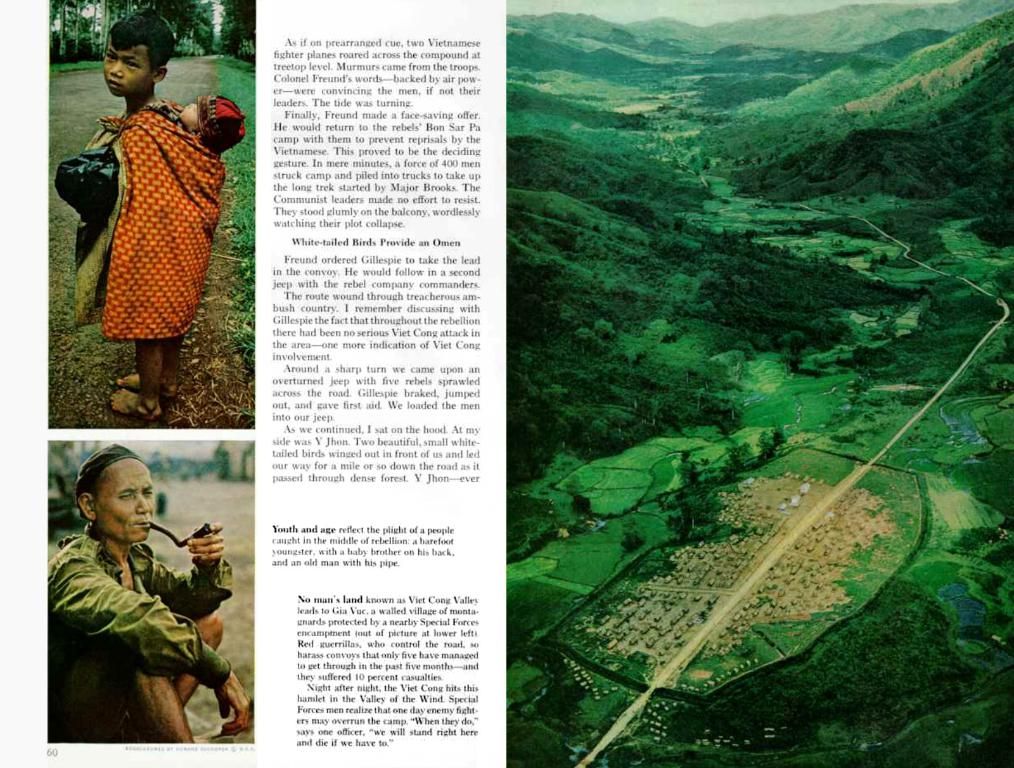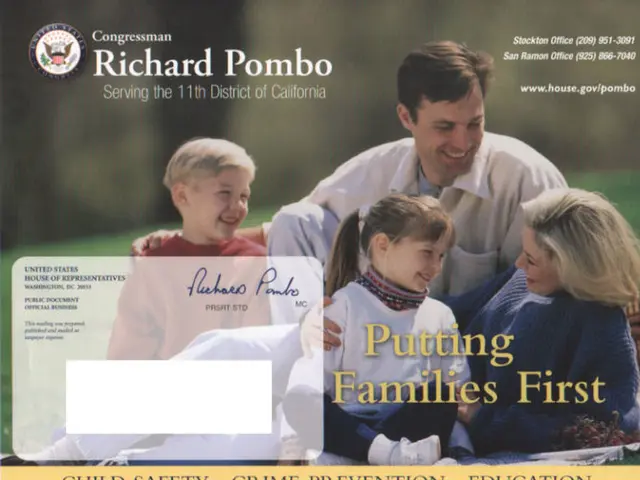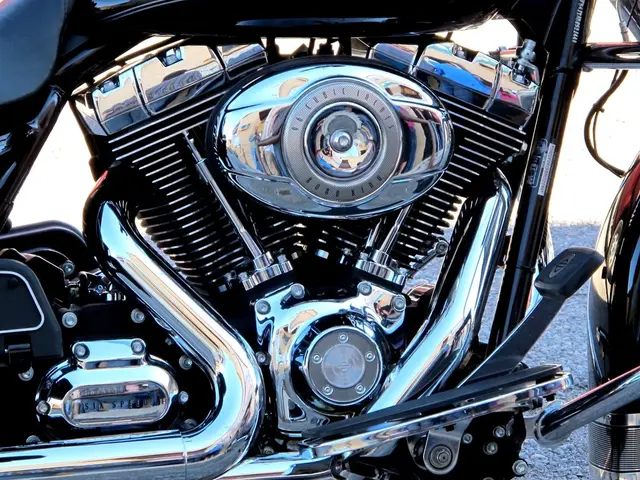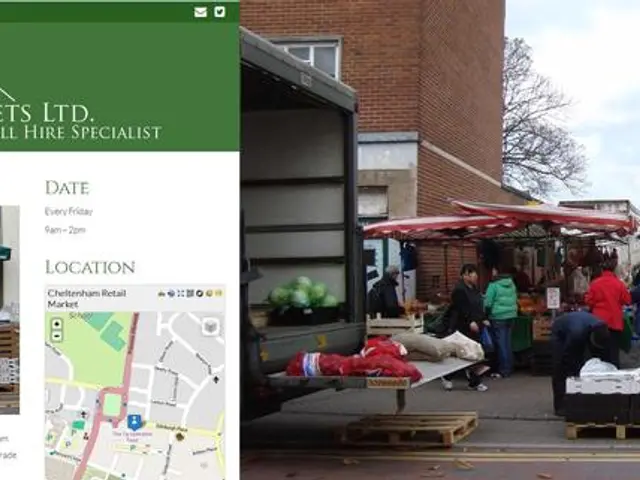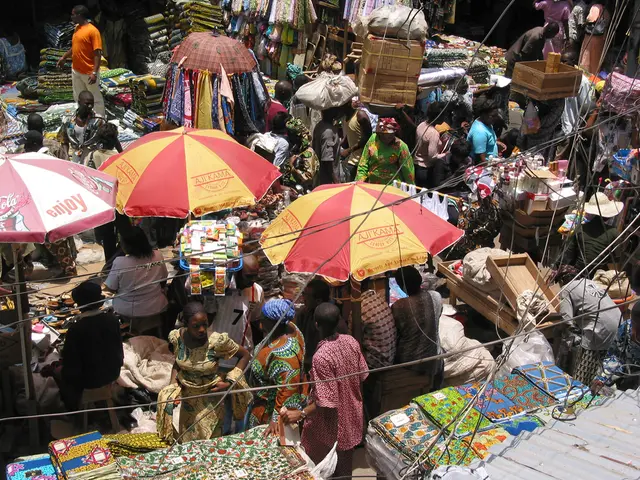Petrol's Skyrocketing Import Costs Stir Trouble in Nigeria's Fuel Market
Escalating Petrol Prices Create Marketing Dilemmas, With Landing Cost Reaching ₦870 per Liter
The landing cost of Premium Motor Spirit (PMS), commonly known as petrol, is on the rise, as reported by the Major Energies Marketers Association of Nigeria (MEMAN). At an average of ₦870 per litre, the upward trend is raising concerns for both importers and retailers due to numerous complications.
According to our understanding, this escalation in costs coincides with tensions in the market caused by Dangote Petroleum Refinery's impact on margins. Just a week ago, the cost of importing petrol was at ₦859 per litre, but it has now risen to ₦872 and ₦868 on April 28 and 29, respectively.
These surging costs make it challenging for importers to maintain profitability due to price pressures. Conversely, retail prices vary widely across the country. For instance, Dangote and Matrix (Lagos) are selling petrol at ₦840, while others like Pinnacle, Mao, Sahara, AA Rano, and NIPCO are peddling the fuel at higher prices ranging from ₦889 to ₦842.
Interestingly, Lagos retailers are able to enjoy lower prices, whereas those in South-South regions pay more due to logistics costs. For example, First Fortune in South-South is selling petrol for ₦868 per litre, while Sigmund and Liquid Bulk is offering it at the same price. In Ogun State, MRS is selling petrol at ₦890 per litre, with Heyden close behind at ₦885.
The ongoing price fluctuation has resulted in a slowdown in the petroleum trade, as admitted by the National President of the Petroleum Products Retail Outlet Owners Association of Nigeria (PETROAN), Billy Gillis-Harry.
"The constant fluctuation has led to arbitrary price changes that are poorly managed," he said.
Despite these hurdles, PETROAN members are adamant about ensuring energy access for Nigerians, even in the face of challenges. Gillis-Harry remains hopeful that the Nigerian government's efforts to stabilize the market will ultimately alleviate the issues affecting both consumers and traders.
The pricing strategy of Dangote Petroleum Refinery is a significant factor contributing to the current market situation. Since the initiation of the naira-for-crude deal with the federal government, Dangote has consistently reduced petrol prices. However, this has resulted in financial struggles for import-dependent competitors, prompting some to hike their prices from ₦860 to ₦950 after the deal's suspension in March.
According to a report by S&P Global, Dangote's refinery pricing strategy has unintentionally encouraged increased fuel imports into Nigeria. Despite a global fall in crude oil prices, Dangote's pricing at the gantry didn't significantly drop, leading to increased imports of refined petroleum products into West Africa.
You may like
- How Petrol Price Cuts Are Driving Down the Cost of Cooking Gas in Nigeria - IPMAN
- NNPCL Adjusts Petrol Price Downwards
- Petrol May Sell at ₦800/litre as Dangote Slashes Ex-depot Price, Crude Oil Cost Drops*
- Dangote Refinery Announces Further Reduction in Petrol Price
- Dangote Refinery Announces New Price of Petrol
- Oil Marketers Assure Nigerians of Imminent Petrol Price Drop
Insights:
The Dangote Petroleum Refinery's aggressive pricing strategy has led to Price Wars and Market Dominance,ANGK: "The refinery has cut ex-depot petrol prices multiple times since the naira-for-crude deal, reducing rates from ₦880/litre to ** Nieder Dropping Prices Across West Africa:** Although Crude oil prices globally have fallen, Dangote's prices remained high, which encouraged increased fuel imports into West Africa.
- The skyrocketing import costs of petrol in Nigeria, particularly the rise from ₦859 to ₦872 per litre, are causing trouble in the country's fuel market.
- The escalating costs are creating difficulties for petrol importers to maintain profitability due to price pressures.
- Retail prices for petrol vary widely across Nigeria, with some Lagos retailers selling at ₦840, while others in the South-South region pay more due to logistics costs.
- The National President of the Petroleum Products Retail Outlet Owners Association of Nigeria (PETROAN), Billy Gillis-Harry, has highlighted the constant fluctuation in petrol prices as a significant issue.
- Gillis-Harry remains hopeful that the Nigerian government's efforts will alleviate the market issues and ensure energy access for Nigerians.
- The pricing strategy of Dangote Petroleum Refinery is a significant factor responsible for the current market situation, with its reduced prices causing financial struggles for import-dependent competitors.



